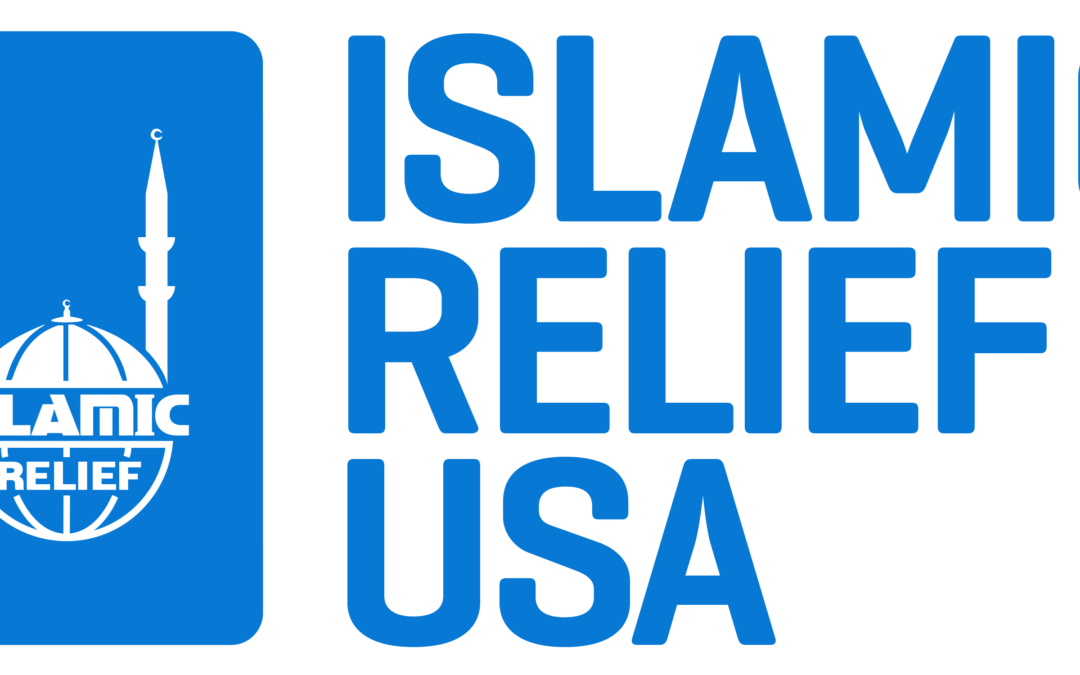Islamic Relief USA (IRUSA) is a Charity Navigator 4-star nonprofit that provides critical disaster relief and humanitarian services to communities in the United States and abroad.
IRUSA has maintained an active presence in Yemen since 2011, responding when necessary to support people during periods of political conflict and unrest. Yemen’s ongoing civil war began in 2014, and the conflict has exacerbated many problems, including inadequate healthcare and poor infrastructure, in a country that has been among the poorest in the Arab world for decades. Now, Yemen is experiencing a surge in cases of cholera, a bacterial disease that can cause dehydration or diarrhea, and is typically transmitted by drinking contaminated water.
Below is a look at the recent cholera outbreak in Yemen, its root causes, and what Islamic Relief USA is doing to support people in the Western Asian country.
1. Cholera Cases in Yemen
While cholera is preventable by vaccine, the bacterial disease has plagued Yemen since the first reported outbreak in 2016. There has been a surge in cases beginning in October 2023, with the majority being reported in regions held by the Iran-backed Houthi rebel forces. In April, Edem Wosornu, Director of Operations and Advocacy at the United Nations Office for the Coordination of Humanitarian Affairs, said there were more than 11,000 suspected cases in Houthi areas. This included 75 “associated” deaths, in the last six months. There were 3,200 suspected cases in government-controlled regions during the same time.
“Thousands of lives hang in the balance. The cholera outbreak is spreading rapidly, and quick action can mean the difference between life and death,” said Siddiq Khan, Yemen country director for Islamic Relief. “Nine years of war and economic crisis have severely weakened Yemen’s health system and other public services. Medical facilities face critical shortages of essential supplies, struggling to cope with the outbreak in cholera cases.”
According to the World Health Organization (WHO), there have been more than 2.5 million suspected cases of cholera since 2016 and almost 4,000 associated deaths.
2. Malnutrition and Food Insecurity
Adequate access to clean drinking water, along with vaccines, would reduce the frequency of reported cholera cases. However, this isn’t the only major humanitarian problem in Yemen. According to the UN, more than 80% of people there live below the poverty line, while about two-thirds require humanitarian assistance. The UN also estimates that about 5 million Yemeni children are acutely malnourished. Children who are severely malnourished have a 30% to 50% risk of dying.
The ongoing political conflict has exacerbated food insecurity issues in the country. The UN World Food Programme (WFP), in December 2023, suspended food aid to Houth-controlled territories due to a lack of funding. Ibrahim al-Hamli, leader of the Houthi-affiliated Supreme Council for Management and Coordination of Humanitarian Affairs and International Cooperation, recently asked the UN and other agencies to resume food distribution to Houthi-controlled areas as the country experiences “dangerous stages of famine.”
3. Civil War
Fighting between the Houthis and Yemen government forces has largely subsided since the UN brokered an agreement between the two sides in April 2022, but recent developments in the Israel-Palestine conflict have reignited the war. In October 2023, the Houthis began attacking commercial shipping vessels in the Red Sea in retaliation to Israel’s attacks on Hamas in the Gaza Strip. In response, the US initiated a series of airstrikes in Houthi-controlled areas in Yemen
More than 130,000 people have died during Yemen’s civil war and as many as 4.5 million people have been forced into internal displacement. Moreover, the conflict has also effectively destroyed the country’s economy and much of its infrastructure. According to the International Committee of the Red Cross, roughly 50% of Yemen’s health facilities are destroyed or out of service.
4. Islamic Relief’s Interventions in Yemen
With help from the Yemen Humanitarian Fund, Islamic Relief has delivered 15,000 IV and antibiotics kits to rehydrate people impacted by the recent cholera outbreak. It is also taking proactive measures such as providing water filters and building family restrooms. The humanitarian organization, which is present in 19 of 22 governorates, has provided critical treatment to more than 150,000 people in Yemen in the last year alone.
How to Help
Despite the best efforts of Islamic Relief USA and other international humanitarian organizations, there is still a major shortage of funding and healthcare services in Yemen. The Yemen Humanitarian Response Plan for 2024, directed by the UN, achieved just 15% of required funding as of April. Those interested in supporting relief efforts, whether for the country’s famine or cholera outbreak, can make one-time donations here. A $100 donation can provide much-needed food aid to a family suffering from hunger.
